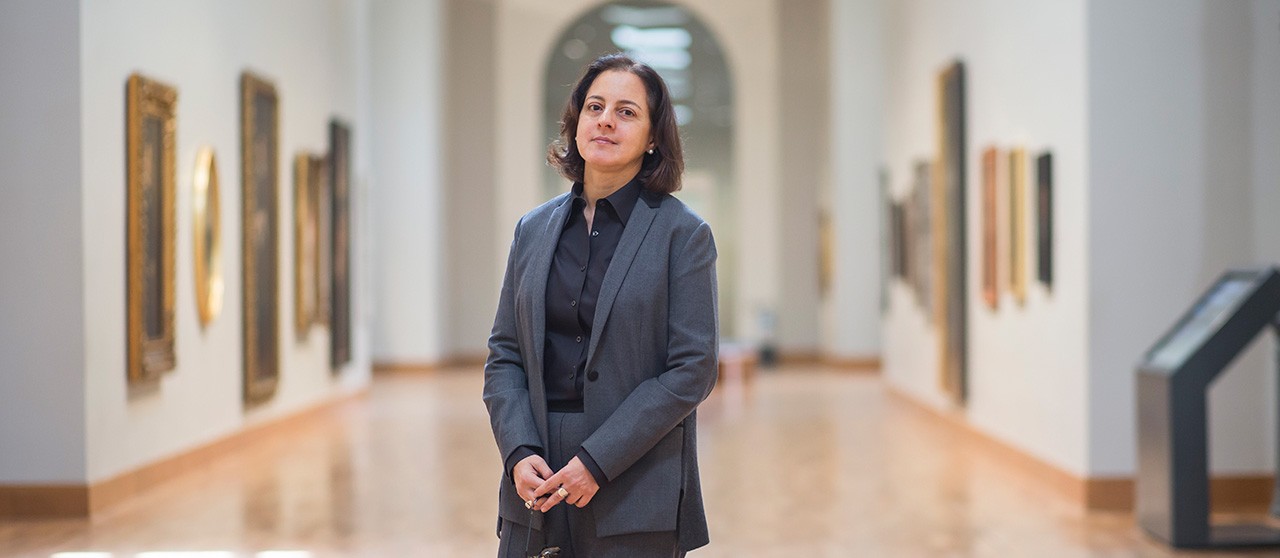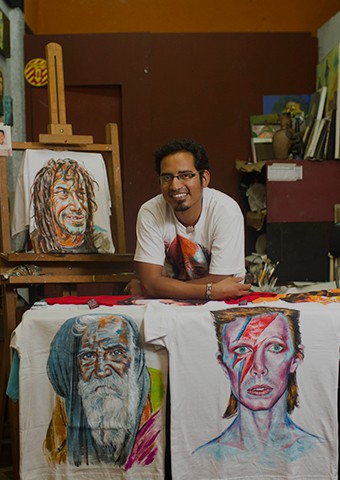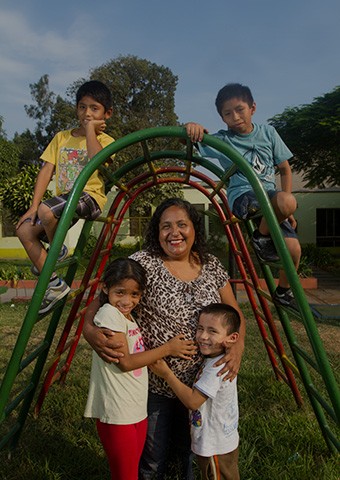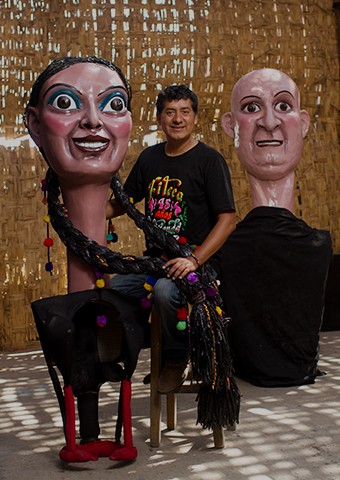“Here (at the museum), we are all are equal; that is the basis for the construction of citizenship”
In 2016, the “Enel Week” in MALI received 40,000 visits.
It is a record. I believe no other cultural institution in the country has ever managed to capture that amount of visitors in one week; and that edition was held when the second floor where we are now was not open.
As a director, how do you feel about the results achieved?
Very happy to have been part of this project. It is the result, as I always say, of a collective effort, because it involves the city, the Government, the citizens and the public that comes to visit us. And it is all very motivating because it shows that together we can build a better life.
As a child, your parents took you to museums in different parts of the world. Today you are making it possible for families with limited resources to know Peruvian art. You making the country a better place.
I am aware that I had a privileged childhood, that most Peruvian had no access to the same kind of education. I also am convinced that museums are places that open doors to many things in life, not only because they allow us to learn from our country’s art, archaeology and culture, but also because they are places of reflection.
They are not the cold place that many believe.
They stopped being a cold place a long time ago! In our country, it took a little longer to renew them though. As a result, several generations have not visited the museums of Lima yet. There is a very great potential, because we have to incorporate visits to museums to our daily life.
One of your current exhibitions on the Moche Culture has a great reception, as it allows the public to carry out several activities.
Yes, the activities conducted within visits are increasingly important. We have workshops for children and families, and there will be free admission to those who visit us in the Edelnor Week.
So MALI is a place to have fun.
It is! A place to look, to learn, to have fun.
What do you like most about your job?
Everything (laughs)... I like that I am in touch with my career which is History of Art. I love working in the production of exhibitions, books, in the acquisition of works for the collection...
Looking at some picture can change someone's life?
I think so, just like a book or a movie. Some artworks touch us or make us think, some other we relate to for some reason... That is why a life close to culture is a richer life.
Even if you live in a very large house or a very modest one.
Once at the Museum, everyone has the same access. Here we are all equal; that is the basis for the construction of citizenship.
Thanks to Enel Week’s free admission, MALI becomes a democratic space par excellence.
That is when we reach our highest point of accessibility. While we have free days throughout the year ―because our job is to reach as many people as possible― the Enel Week is a fabulous opportunity to get what we normally could not.





